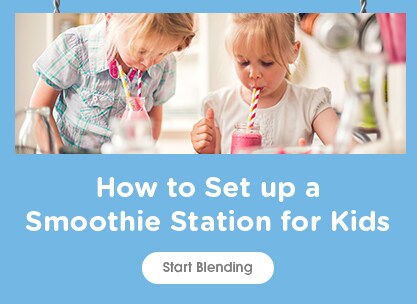Feeding Tips for Your Senior Cat
Brought to you by Rachael Ray™ Nutrish®
Though your cat may look young and still have the fun personality of a kitten, that doesn’t mean she has the same dietary needs as she grows older. But at what age should you be changing what you put in your kitty’s dish?
When is a Cat Considered a Senior?
The Journal of the American Animal Hospital Association (AAHA), designates the age of a senior cat as between seven and ten years. That's the time cats should receive senior food because their metabolism begins to slow down. It’s also when age-related diseases, like chronic kidney disease and heart disease, typically make their first appearance.
More Isn't Always Better
Studies show that physiological changes in cats occur around the age of 11 or 12. That’s when they exhibit a decreased ability to digest fat and protein, causing many senior cats to start losing weight. At that age, cats just aren’t absorbing nutrients as well as they did when they were younger, even if they're eating the same amount as they did in their prime.
But feeding your kitty more food isn’t the answer. Because current research shows cats actually need more protein as they age, most veterinarians no longer recommend reduced protein diets for older cats. The best course of action is to feed your carnivorous feline family member a high-quality food with animal-based protein, like new Rachael Ray™ Nutrish® Peak Ultra Premium Woodland Catch Recipe.
Fats Are a Cat's Best Friend
In addition to protein, your aging kitty needs an increased amount of fats as an important source of calories. Fats are usually found in animal-based protein foods, but can also be supplemented by adding a teaspoon of chicken fat, bacon grease or butter to their food.
Don't Forget the Vitamins & Minerals
Older kitties also have a need for increased levels of vitamins and minerals because their ability to absorb vitamins through the intestinal tract diminishes as they age. They also need higher levels of antioxidants to reduce tissue damage that is common in the senior years. Most high-quality cat foods for seniors usually contain added B vitamins and balanced minerals. Supplements are not normally necessary for the healthy cat, unless recommended by your veterinarian.
Moisture is Mandatory
Finally, one of the most important things you can provide your senior kitty is moisture. As a cat ages, they don’t typically drink as much water on their own. Aside from leaving multiple bowls of water throughout the house, it’s important to ensure that their food provides adequate moisture. Check the label of your kitty’s food for information about moisture content.
When it comes to feeding time, these simple and important considerations will help keep your senior cat in tip-top shape!
Shop Senior Pet Food
Loading Content




